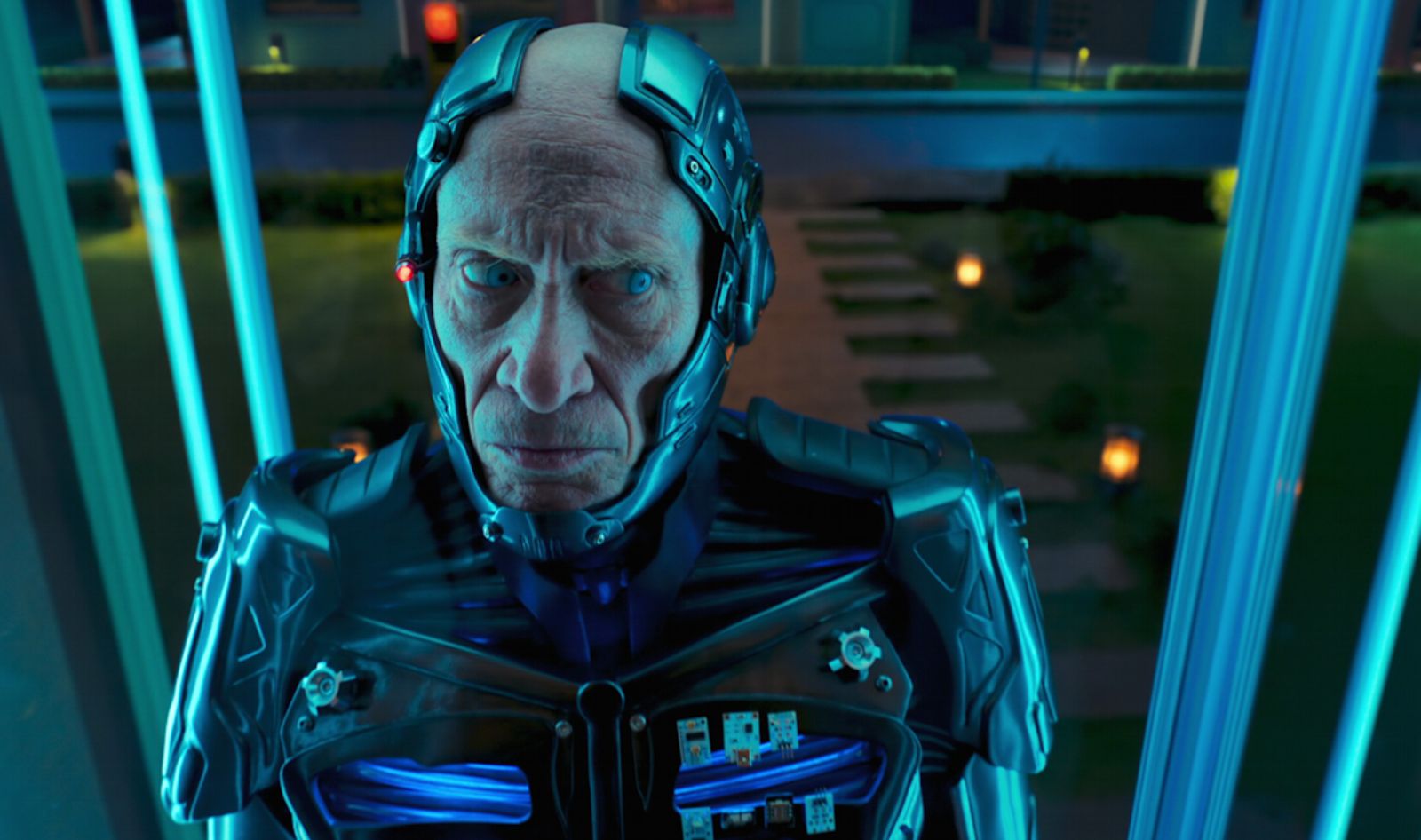Jean-Pierre Jeunet put his stamp across the 1990s and 2000s with a unique blend of zany personality, thoughtful character portraits, and sharp, multi-dimensional humor. So much was running in films like Delicatessen and The City of Lost Children, both co-directed with Marc Caro, that they could have boiled over, yet somehow remained focused works that played completely as the ownerships of their creators. After a brief misfire when stepping into the world of Hollywood blockbusters with 1997’s Alien: Resurrection—an early forebear of the “indie director to studio tentpole” pipeline that gobbles up every promising young filmmaker these days—Jeunet found his peak as a solo director in the early aughts: Amélie and A Very Long Engagement brought his particular style into a new era with remarkable sophistication and retention of his characteristic charm.
Then a curious thing happened. Despite being a beloved international director arguably at the height of his career, Jeunet seemingly disappeared. His 2009 feature Micmacs, an underrated farce very much in the vein of his earlier Caro collaborations, came and went without much fanfare, and its follow-up was dealt an even more crushing blow—Harvey Weinstein. Subjected to the all-too-common pattern of Weinstein trying to slice and dice something its director refused to concede on, 2013’s The Young and Prodigious T.S. Spivet may as well have not even existed: the producer hobbled its barely there 2015 US release, and Jeunet directly blamed him for the film’s failures.
That experience left Jeunet in a hole for the better part of the last decade, so much so that it came as some surprise when, two months ago, a trailer dropped out of nowhere for the director’s latest, Bigbug. Unfortunately, in a move somewhat similar to his previous two features, Bigbug was set for a February release on Netflix, with so little attention that it’s destined to meet the same anonymous fate––a result not at all worthy of a director with his credentials, even if it’s a disappointment for those excited by the prospect of another Jeunet picture.
Bigbug is set in the year 2045 and centers on a group of mismatched suburbanites (Elsa Zylberstein, Isabelle Nanty, Stéphane De Groodt, and Youssef Hadji) who, through various circumstances, all become located in one home at the most inopportune time. Unbeknownst to them, domestic robots inside the household have detected outside danger and taken the precaution of locking them all in together. In pure Buñuelian fashion, forcing this group into a confined place and making them cohabitate for an extended period of time leads to mounting tensions, panic setting in, and desperate attempts to escape, no matter the cost. There’s also a lot of horniness.
Working from an original script co-written by frequent collaborator Guillaume Laurant, Jeunet is bringing his trademark sensibilities and aesthetic designs—striking color palette, slightly fish-eyed camerawork—into a new era with Bigbug, with all the whirring and whizzing of gadgetry and moving production design that entails. Though fans of the director might enjoy a trip back into his head, even his most ardent supporters could feel this is merely a return to ground he’s covered better elsewhere.
As the impending robot uprising outside and inside the home ratchets up increasing levels, Jeunet’s political commentary doesn’t feel nearly as incisive as it should, merely repeating bland talking points you could catch in any odd episode of Black Mirror or a thousand generic titles dumped on Netflix that don’t have as bold and inventive a filmmaker behind them. What’s far more interesting in Bigbug is the domestic satire at play, and the film occasionally finds bits of excitement in the fun it has with its oddball assortment of characters, how they disintegrate under these monumental circumstances. Sadly, it feels Jeunet’s mind is too often elsewhere, returning to the notions of artificial intelligence and fascist political movements without adding much to either conversation.
If it’s charming to see something with as much sheer personality as Jeunet brings back in the world, especially in a cinematic era where personality is few and far between among major releases, the Saturday morning cartoon nature of his aesthetic can at times clash a bit harshly with this film’s subject matter, creating a tonal mismatch it’s unable to smooth over. There’s a lot going on in Bigbug, yet at the same time it can feel like there’s too little meat on the bone here, particularly when stretched about two hours. It is nice seeing the filmmaker back behind the camera; you also can’t help the wish his return after nearly a decade had been with something more substantial. There is a fun little cameo by Jeunet regular Dominique Pinon at least.
Bigbug is streaming now on Netflix.

